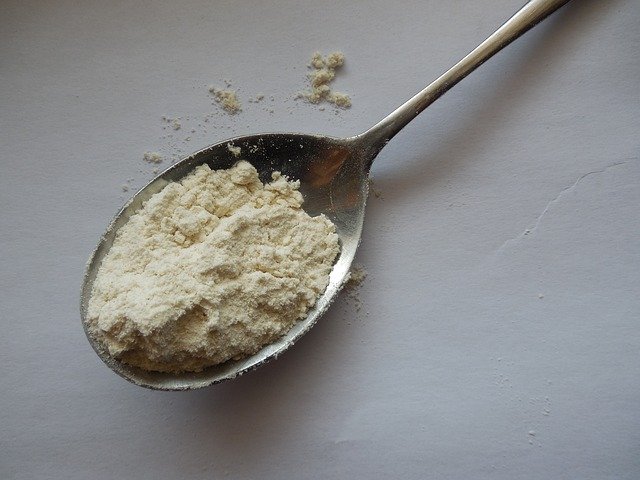Modified Starch - Oil Drilling Chemicals
Modified Starch
Modified Starch is used as a non-toxic filtration control additive for drilling and completion fluids. The product is suitable for regions and territories with stringent Microtox testing requirements.
Drilling engineers well regard modified Starch as it is:
- Easy to work as it dissolves easily
- High performing fluid loss product
- Provides them with extra options and solutions
- It is a very cost-effective solutions provider.
Modified Starch is more efficient filtrate reduced compared to regular starches and is a great value alternative for Polyanionic Cellulose (PAC) or Carboxymethyl Cellulose Sodium (CMC). It is compatible with a wide range of water-based fluids. It combines very effectively with products such as bentonite and other types of polymers to increase the shear-thinning properties of drilling fluids, which can result in excellent hole cleaning at low shear rates.
Modified Starch is can also cover clay and shale particles which can control the dispersion and break up the clay. This result is this slows down the breakup of a wellbore and aid in the removal of drilled solids on the surface.
Tip – Modified Starch can be combined with Polyanionic Cellulose (PAC) as a low-cost extender. Modified Starch is useful in all types of water-based fluids and at temperature up to 150°C with the use of an oxygen scavenger. It is non-fermenting and requires no biocide under normal conditions.
Modified Starch is used in concentrations ranging from 4.0-12.0 kg/m³, depending on fluid loss requirements and the number of solids in the system.
Preparation & Procedures
Modified Starch is an easily mixable product. It can be added to a mud system at 4-6 sacks per hour (50lb or 22.7 kg sacks)
It is recommended that those interacting with modified Starch wear appropriate PPE such as a dust mask and eye protection while mixing all powdered products.
More Chemicals
<<Return back to Oil Field Chemicals home page>>
Other Chemicals Available (click on the name)
Barite
Calcium Ammonium Nitrate
Calcium Chloride
Calcium Nitrate
Caustic Soda
Diutan Gum
Gilsonite
Natural Graphite
PAC Polyanionic Cellulose
Polystyrene Beads
Potash
Soda Ash
Sodium Acid Pyrophosphate SAPP
Sodium Sulfite
Sulfamic Acid
Synthetic Graphite
TKPP
Xanthan Gum





